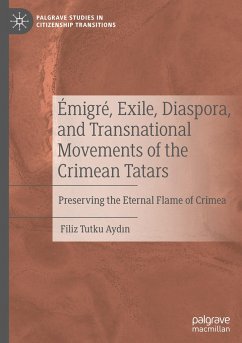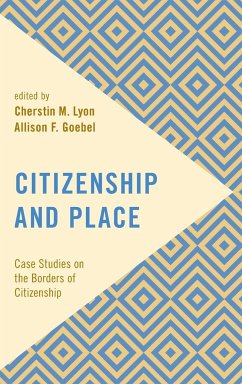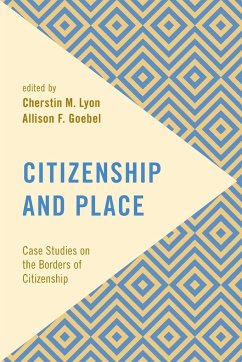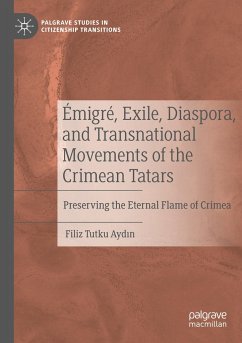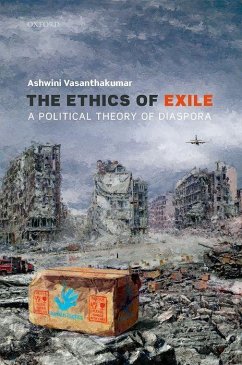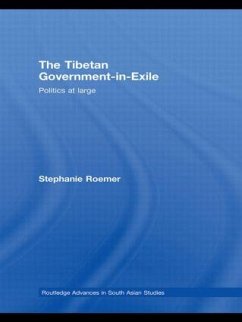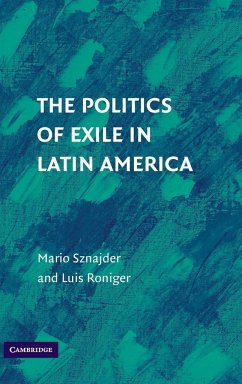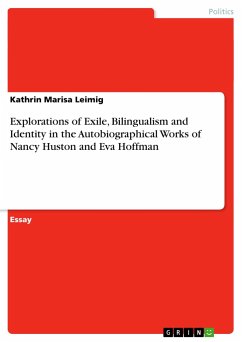
Explorations of Exile, Bilingualism and Identity in the Autobiographical Works of Nancy Huston and Eva Hoffman

PAYBACK Punkte
0 °P sammeln!
Essay from the year 2008 in the subject Politics - International Politics - Topic: Globalization, Political Economics, grade: 2.0 , University of Southampton (School of Humanities), course: Cultural Flows, language: English, abstract: The postmodern notions of exile and displacement are contested among scholars as their applications constantly undergo further transformation and modification. Especially the effects of globalization, including economic mass migration and other transnational population movements, have contributed to add a multiplicity of variations to their original denotation. W...
Essay from the year 2008 in the subject Politics - International Politics - Topic: Globalization, Political Economics, grade: 2.0 , University of Southampton (School of Humanities), course: Cultural Flows, language: English, abstract: The postmodern notions of exile and displacement are contested among scholars as their applications constantly undergo further transformation and modification. Especially the effects of globalization, including economic mass migration and other transnational population movements, have contributed to add a multiplicity of variations to their original denotation. Whilst in Greco-Roman Antiquity exile was coined as label for an individual banishment from a centre of civilization, in a postmodern context it refers to both a voluntary or involuntary human condition. Yet, beyond doubt, one must clearly distinguish between the different exilic experiences of various groups such as refugees, expatriates, émigrés, emigrants and so on because they differ in modalities and circumstances: it is obvious that enforced political displacement under harsh conditions and to an undesired place has a much more traumatic impact on self-identity than, for example, a planned migration for economic reasons. Yet exile was never a unitary category as it can refer to specific social and political conditions. Even though it is often used as an umbrella term, the motivations or direct causes to leave one's country of origin can be as manifold as the various exilic realities in the host countries. Still, what all exiles have in common is the fact that they leave behind their home country in exchange for a life abroad. Nevertheless, in this context there are two questions that are crucial: has the exile chosen to leave or was s/he forced to do so? And is s/he part of a safety net or does s/he come to the host country unprotected?




